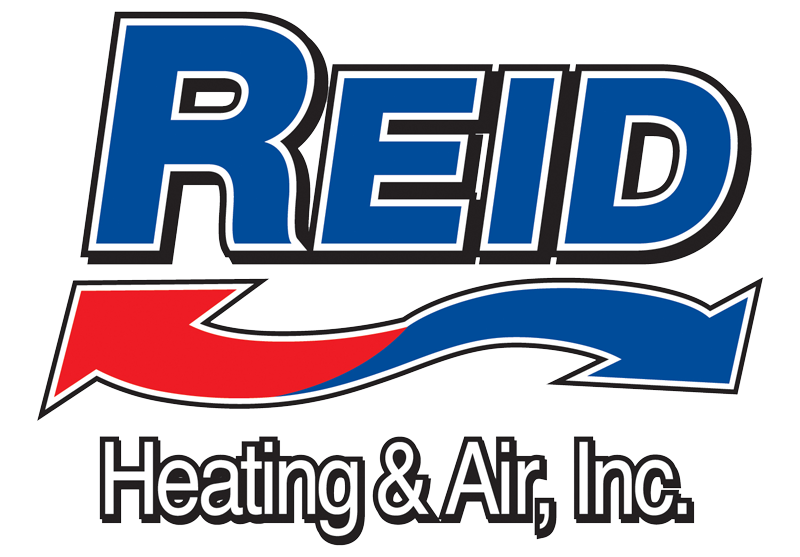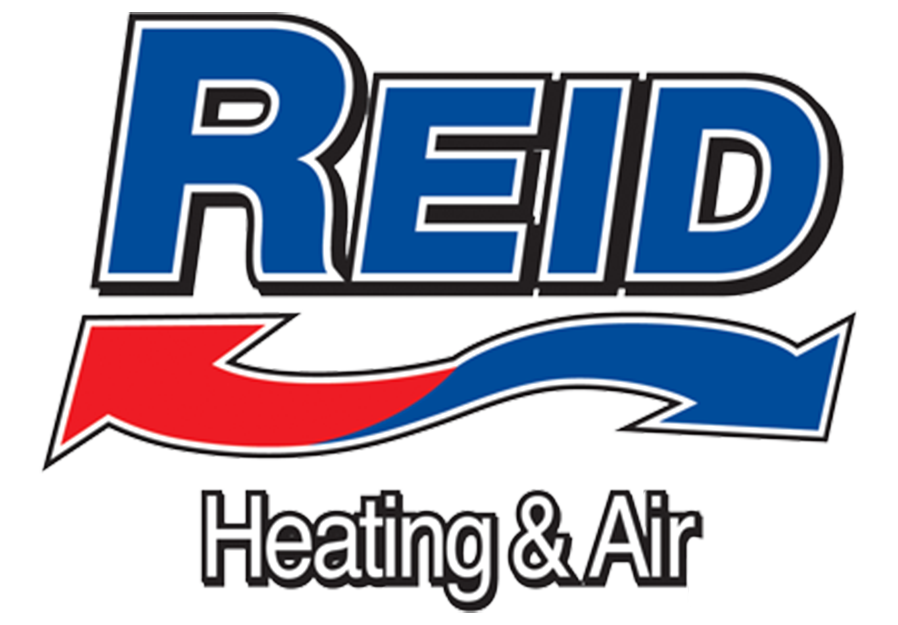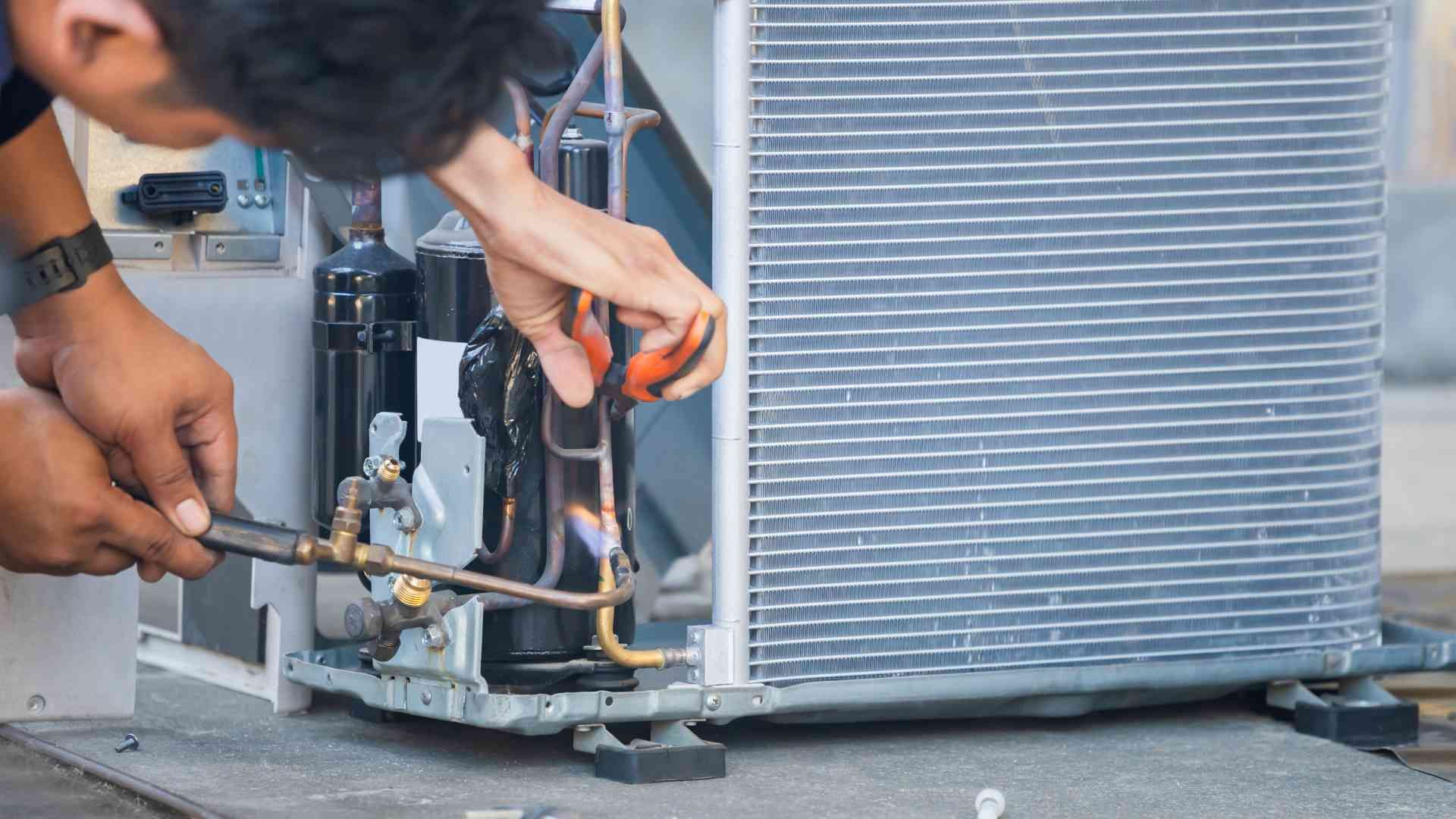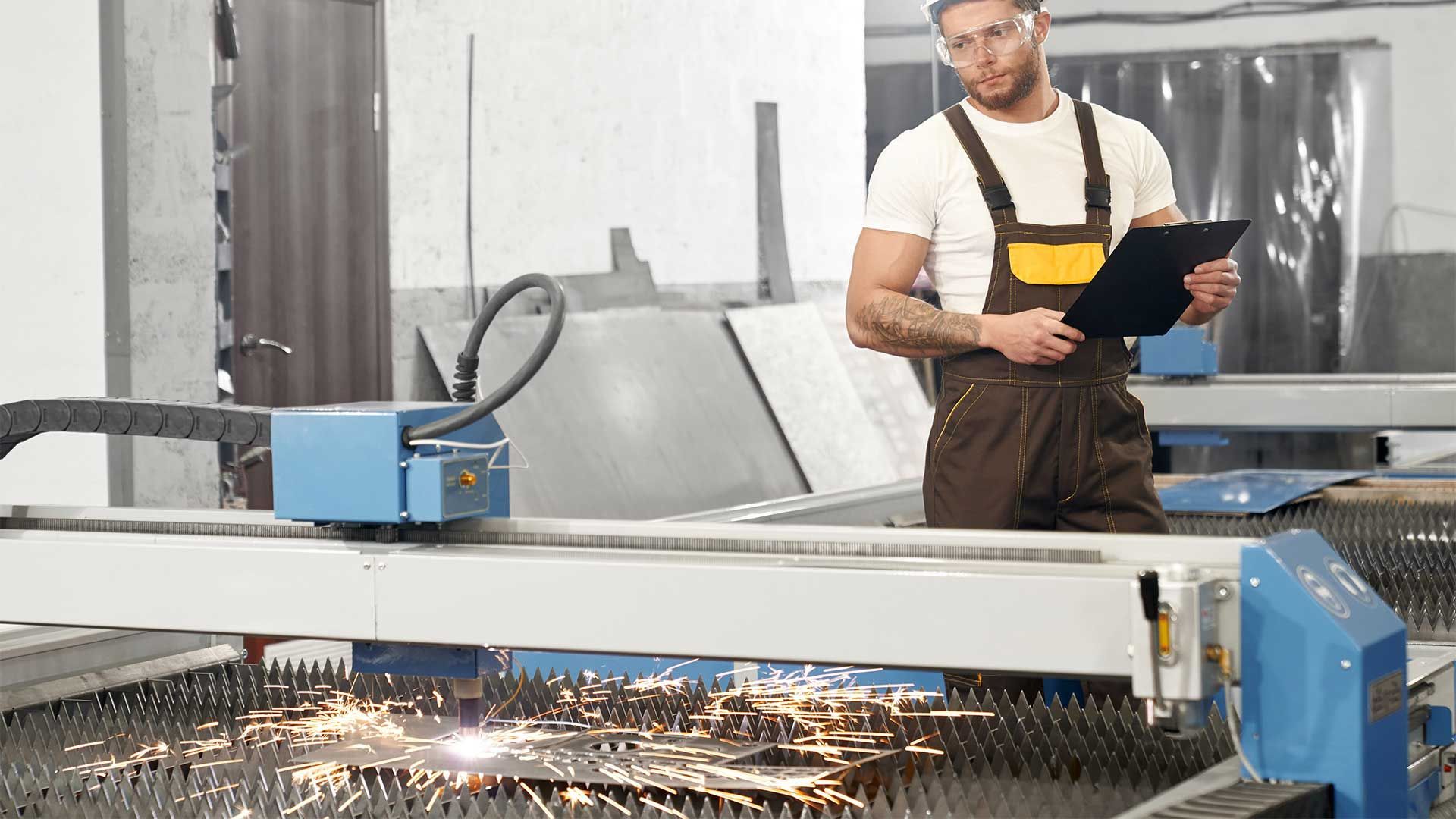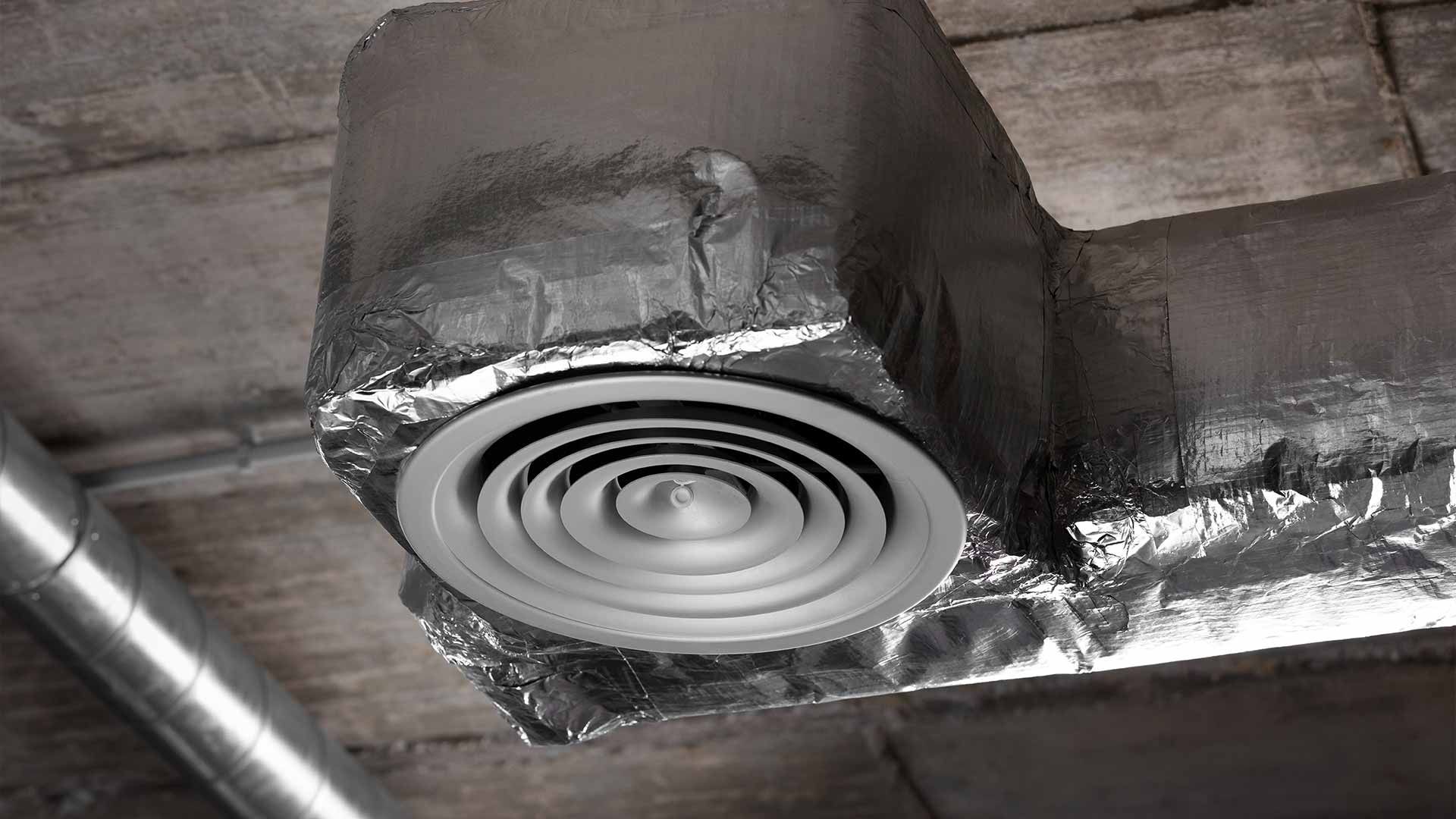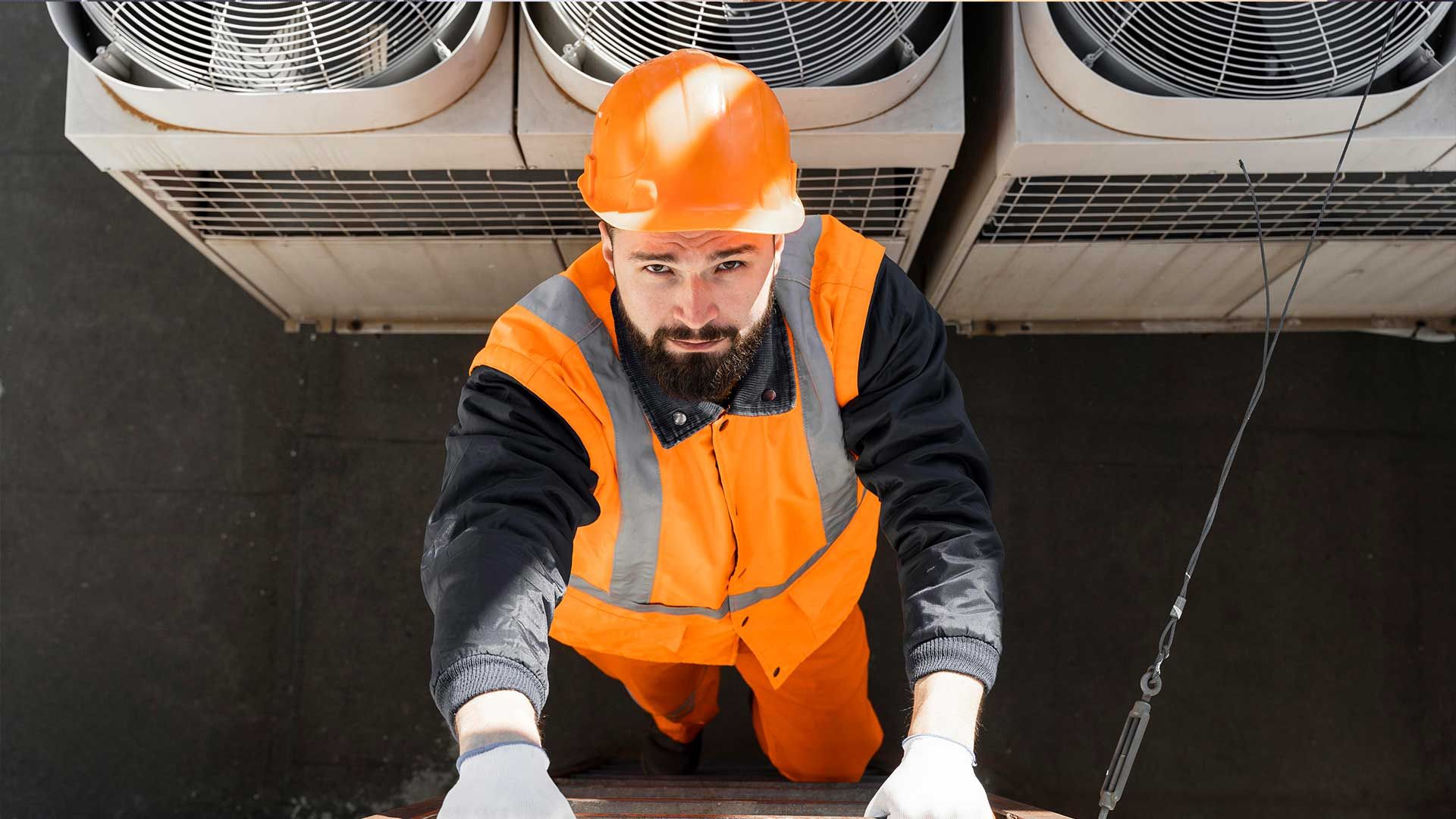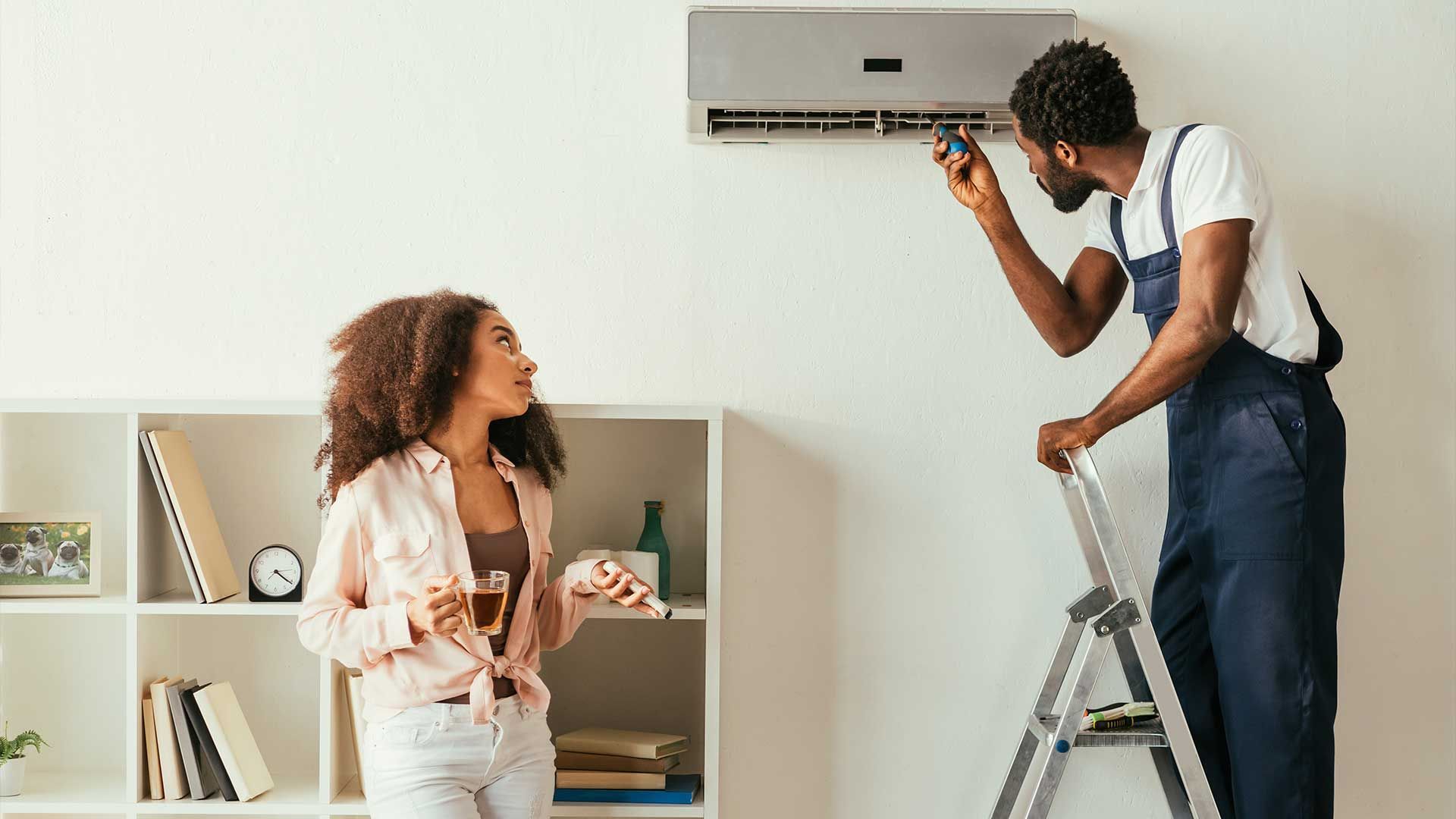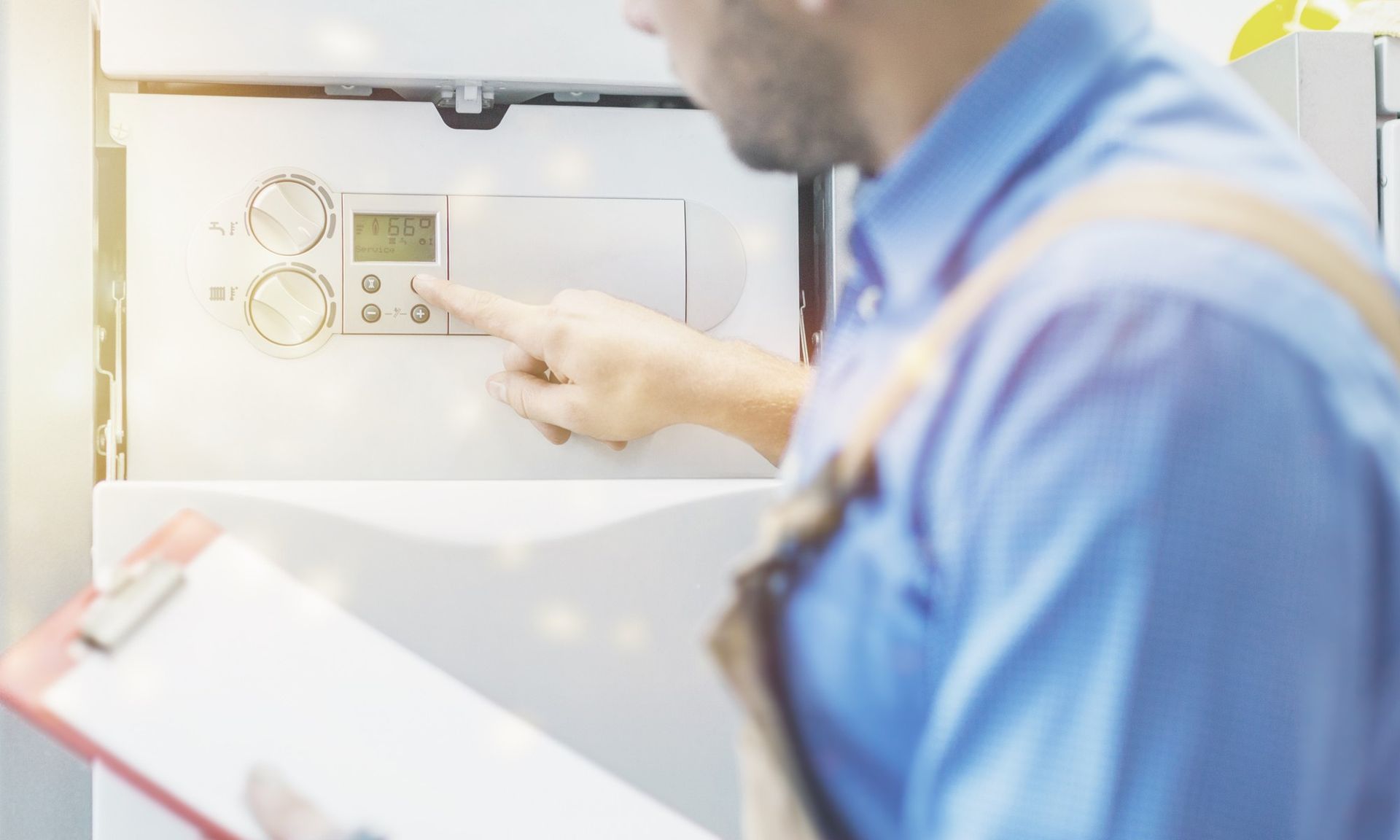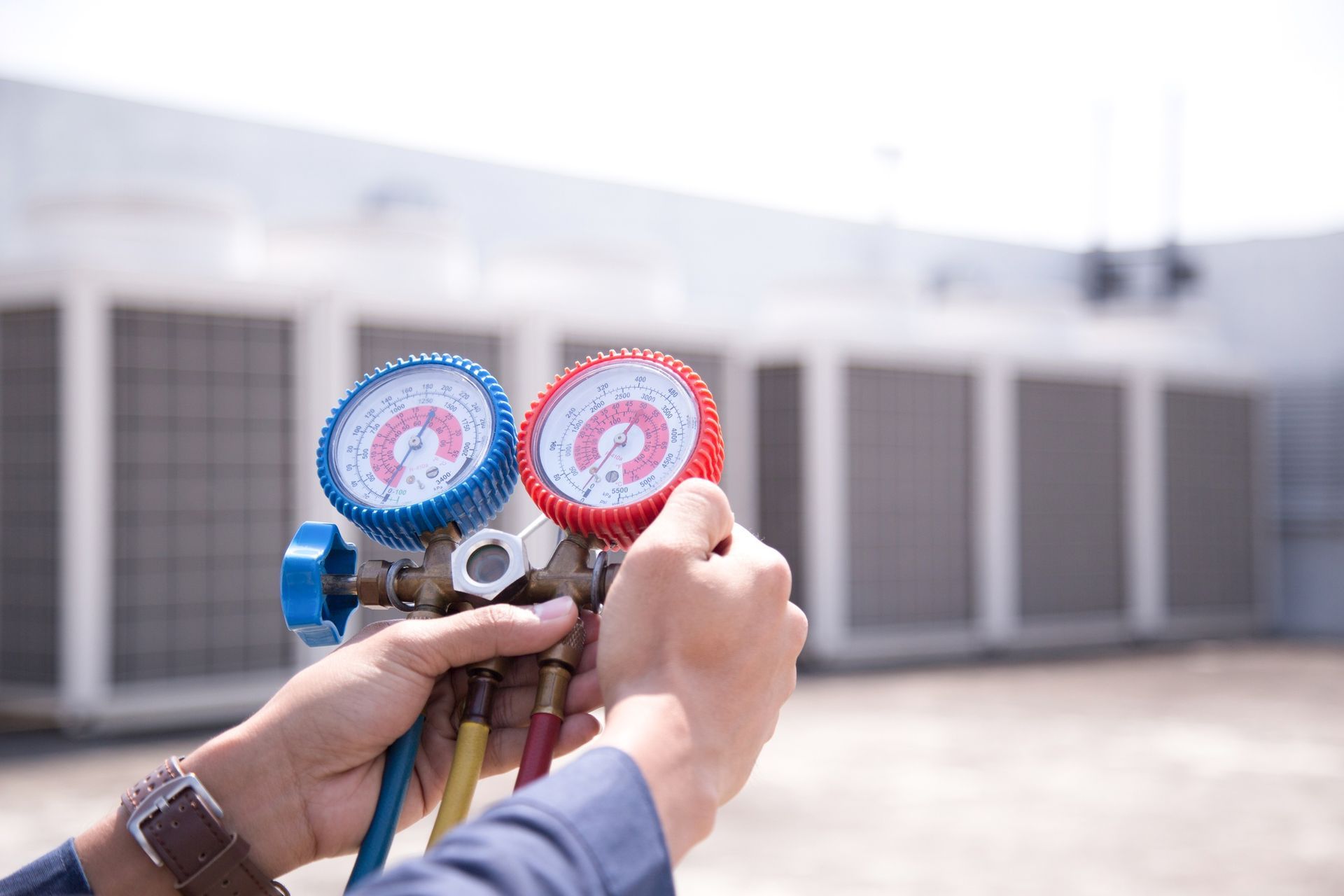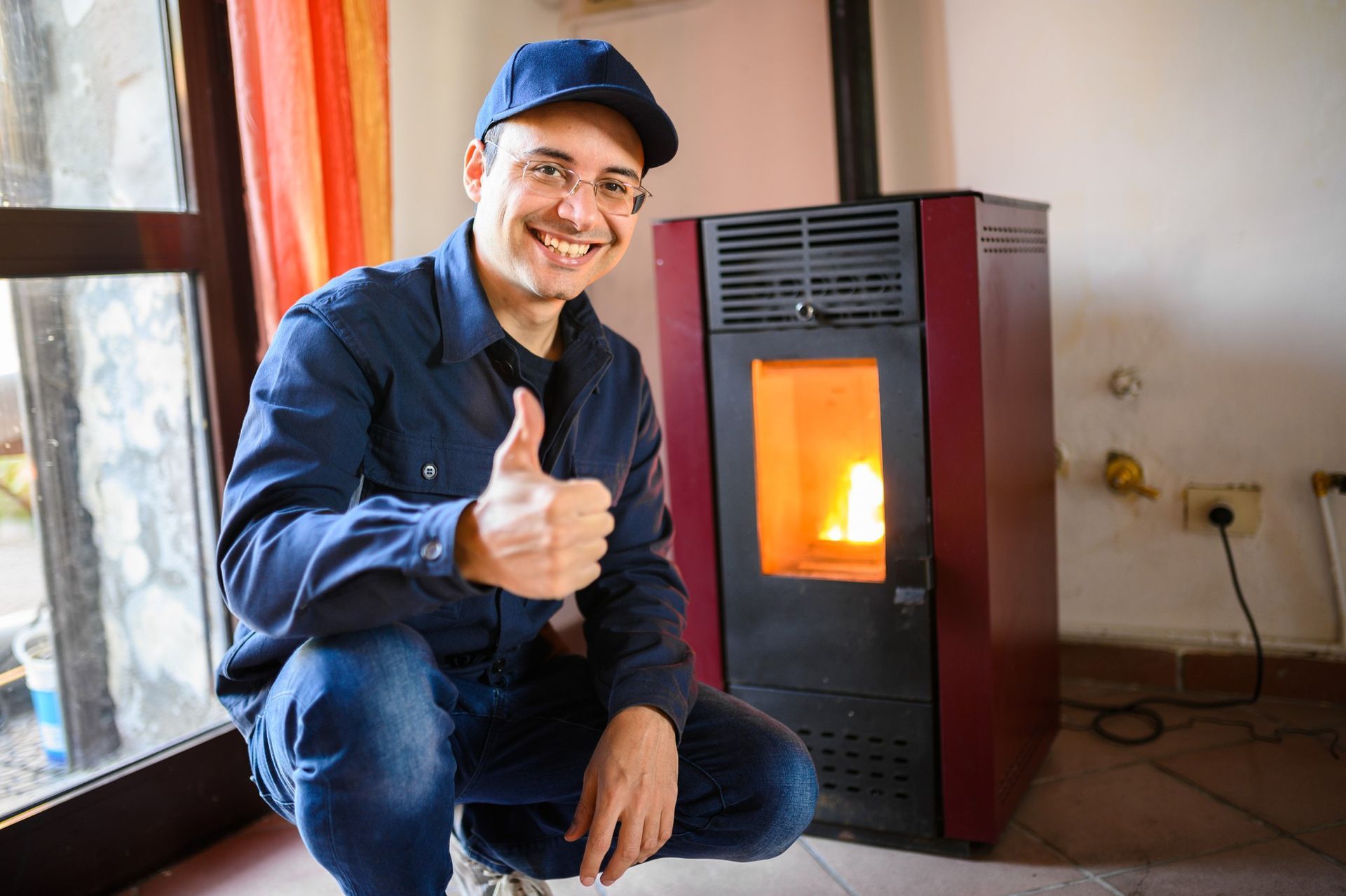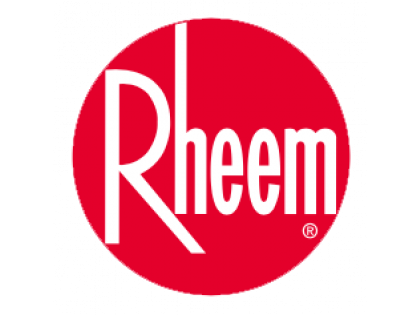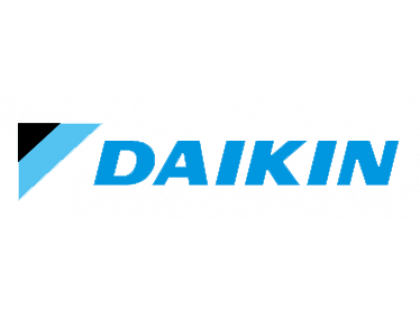HVAC Repair 101: A Comprehensive Guide for Homeowners
When it comes to keeping your home comfortable year-round, understanding HVAC repair is essential for every homeowner. Your HVAC (heating, ventilation, and air conditioning) system plays a crucial role in maintaining indoor temperature, humidity levels, and air quality. In this comprehensive guide, we'll provide you with all the information you need to know about HVAC repair.
From common issues that may arise with your HVAC system to practical tips for troubleshooting and maintenance, we'll cover it all. Whether you're dealing with a malfunctioning furnace in the winter or a faulty air conditioner in the summer, knowing how to address HVAC repair issues can save you time, money, and stress.
Join us as we delve into the basics of HVAC repair and empower you to take control of your home's comfort and functionality. With the right knowledge and resources, you can tackle
HVAC repair tasks with confidence and ensure that your home remains a comfortable retreat year-round.
Common HVAC Issues
Understanding common HVAC issues is the first step in effectively addressing repair needs in your home. Some of the most frequent problems homeowners encounter include:
1. Clogged Air Filters: Dirty air filters can restrict airflow, reducing system efficiency and indoor air quality. Regularly changing or cleaning filters is essential for optimal HVAC performance.
2. Thermostat Malfunctions: Incorrect thermostat settings or malfunctioning thermostats can lead to temperature inconsistencies and system inefficiency. Calibrating or replacing thermostats can resolve this issue.
3. Refrigerant Leaks: Low refrigerant levels can indicate a leak in the system, leading to inadequate cooling or heating. Professional HVAC technicians can detect and repair refrigerant leaks safely.
4. Faulty Capacitors: Capacitor issues can cause HVAC components like motors or compressors to malfunction. Replacing faulty capacitors can restore proper system operation.
5. Clogged Drain Lines: Clogged drain lines can lead to water leaks or backups, causing water damage and mold growth. Regular maintenance, including clearing drain lines, can prevent this issue.
Troubleshooting and DIY Repairs
While some HVAC issues may require professional intervention, there are several troubleshooting steps and DIY repairs that homeowners can perform to address common problems. Here are some tips to help you get started:
1. Check Air Filters: Dirty or clogged air filters can restrict airflow and strain your HVAC system, leading to reduced efficiency and increased energy consumption. Regularly inspect and replace air filters according to manufacturer recommendations to ensure optimal performance.
2. Clean Vents and Registers: Blocked vents or registers can disrupt airflow and cause uneven heating or cooling in your home. Use a vacuum or brush to remove dust, debris, and obstructions from vents and registers to improve airflow and system efficiency.
3. Inspect Thermostat Settings: Ensure that your thermostat is set to the correct mode (heating or cooling) and temperature settings. If your thermostat is programmable, check the programming to ensure it matches your schedule and preferences.
4. Check Circuit Breakers: If your HVAC system fails to turn on, check the circuit breakers or fuses to ensure they haven't tripped or blown. Reset any tripped breakers or replace blown fuses to restore power to the system.
5. Clean Outdoor Unit: If you have a central air conditioning system, ensure that the outdoor unit is free of debris such as leaves, grass, or dirt. Use a garden hose to gently clean the exterior of the unit and remove any accumulated debris that may obstruct airflow.
By performing these simple troubleshooting steps and DIY repairs, you can often resolve minor HVAC issues and restore comfort to your home without the need for
professional assistance. However, if you encounter more complex problems or are unsure about performing repairs, it's best to consult with a qualified HVAC technician to avoid further damage or safety risks.
When to Call for Professional Help
While DIY repairs can address many minor HVAC issues, there are times when professional intervention is necessary. Here are some signs that indicate it's time to call for professional HVAC repair services:
1. Lack of Improvement: If DIY troubleshooting efforts fail to resolve the issue or if the problem persists despite your best efforts, it's time to seek professional help. Continuing to ignore the problem can lead to further damage and costly repairs down the line.
2. Strange Odors: Unusual odors emanating from your HVAC system, such as musty or burning smells, may indicate serious issues such as mold growth, electrical problems, or overheating components. These issues require immediate attention from trained professionals to prevent safety hazards and further damage.
3. Unusual Sounds: Loud or unfamiliar noises coming from your HVAC system, such as banging, grinding, or hissing sounds, are often signs of mechanical problems that require professional diagnosis and repair. Ignoring these noises can lead to system failure or costly damage.
4. Gas Leaks: If you have a gas-powered furnace or boiler, a gas leak poses a serious safety hazard and requires immediate professional attention. Gas leaks can lead to fire, explosions, or carbon monoxide poisoning, so it's crucial to evacuate your home and contact a qualified technician right away.
5. Frequent Cycling: Short cycling, or frequent on-off cycling of your HVAC system, can indicate issues with the thermostat, airflow restrictions, or mechanical problems. Professional technicians can diagnose the underlying cause of short cycling and recommend appropriate repairs to restore proper system operation.
By recognizing these signs and knowing when to call for professional help, you can ensure prompt and effective resolution of HVAC issues, restoring comfort and safety to your home.
Finding Reliable HVAC Repair Services
When it comes to finding reliable HVAC repair services, it's essential to do your research and choose a reputable company that you can trust. Here are some tips to help you find the right HVAC repair services for your needs:
1. Ask for Recommendations: Start by asking friends, family, and neighbors for recommendations. Word-of-mouth referrals are often a reliable way to find trustworthy HVAC repair companies that have provided satisfactory service to people you know and trust.
2. Check Online Reviews: Research local HVAC repair companies online and read reviews from past customers. Look for companies with consistently positive reviews and high ratings, as this indicates a track record of quality service and customer satisfaction.
3. Verify Credentials: Ensure that the HVAC repair company you choose is licensed, bonded, and insured. This provides peace of mind knowing that the technicians working on your HVAC system are qualified and properly trained to handle repairs safely and effectively.
4. Inquire About Experience: Ask about the experience and qualifications of the technicians who will be working on your HVAC system. Experienced technicians with extensive training and industry certifications are better equipped to diagnose and repair complex HVAC issues.
5. Request Estimates: Obtain estimates from multiple HVAC repair companies to compare pricing and services offered. Be wary of companies that provide significantly lower estimates than others, as this could indicate subpar service or hidden fees.
By following these tips and doing your due diligence, you can find reliable HVAC repair services that will ensure your system is properly
maintained and repaired when needed.
Tips for Preventing Future HVAC Issues
Preventing future HVAC issues is key to maintaining the efficiency and longevity of your system. Here are some tips to help you avoid common problems and keep your HVAC system running smoothly:
1. Regular Maintenance: Schedule annual HVAC maintenance inspections with a qualified technician to ensure that your system is operating efficiently and to catch any potential issues early.
2. Change Air Filters: Regularly replace air filters according to manufacturer recommendations to prevent dust, dirt, and debris from clogging the system and reducing airflow.
3. Clean Vents and Registers: Keep vents and registers clean and unobstructed to ensure proper airflow throughout your home and prevent strain on your HVAC system.
4. Monitor Thermostat Settings: Set your thermostat to energy-efficient temperatures and avoid drastic temperature changes that can strain your HVAC system and increase energy consumption.
5. Address Minor Issues Promptly: Don't ignore minor HVAC issues like strange noises or reduced airflow. Addressing these issues promptly can prevent them from escalating into more significant problems that require costly repairs.
By following these
preventive maintenance tips and being proactive about addressing minor issues, you can extend the life of your HVAC system and avoid the hassle and expense of unexpected repairs.
Conclusion
In conclusion, understanding the basics of HVAC repair is essential for every homeowner to ensure the comfort and functionality of their home. By familiarizing yourself with common HVAC issues, troubleshooting steps, and preventive maintenance tips, you can effectively address problems as they arise and prevent future issues from occurring.
At
Reid Heating & Air, Inc, we are committed to helping homeowners with all their HVAC repair and maintenance needs. If you encounter any HVAC issues or require professional assistance, don't hesitate to contact us at
(803) 366-1855. Our team of experienced technicians is dedicated to providing prompt and reliable service to keep your HVAC system running smoothly year-round.
Remember, proactive maintenance and timely repairs are key to maximizing the lifespan of your HVAC system and maintaining optimal comfort in your home. With the right knowledge and resources, you can ensure that your HVAC system continues to serve you well for years to come.
Frequently Asked Questions (FAQs)
-
What are some common signs that indicate my HVAC system needs repair?
Common signs include uneven heating or cooling, strange noises, foul odors, frequent cycling, and increased energy bills. If you notice any of these signs, it's advisable to schedule a professional inspection.
-
Is DIY HVAC repair recommended, or should I always hire a professional?
DIY repairs may be suitable for minor issues such as changing air filters or cleaning vents. However, for more complex issues or those involving electrical components, it's best to hire a qualified HVAC technician to avoid safety risks and ensure proper repairs.
-
How often should I schedule HVAC maintenance for my system?
It's recommended to schedule HVAC maintenance at least once a year, preferably before the start of the heating or cooling season. Regular maintenance helps identify potential issues early and keeps your system running efficiently.
-
What should I look for when hiring an HVAC repair company?
Look for licensed, insured, and experienced HVAC repair companies with positive reviews and ratings. Verify their credentials, inquire about technician qualifications, and request estimates before making a decision.
-
What preventive measures can I take to extend the lifespan of my HVAC system?
Regularly changing air filters, keeping vents and registers clean, monitoring thermostat settings, addressing minor issues promptly, and scheduling annual maintenance inspections are essential preventive measures to maintain your HVAC system's longevity and efficiency.
